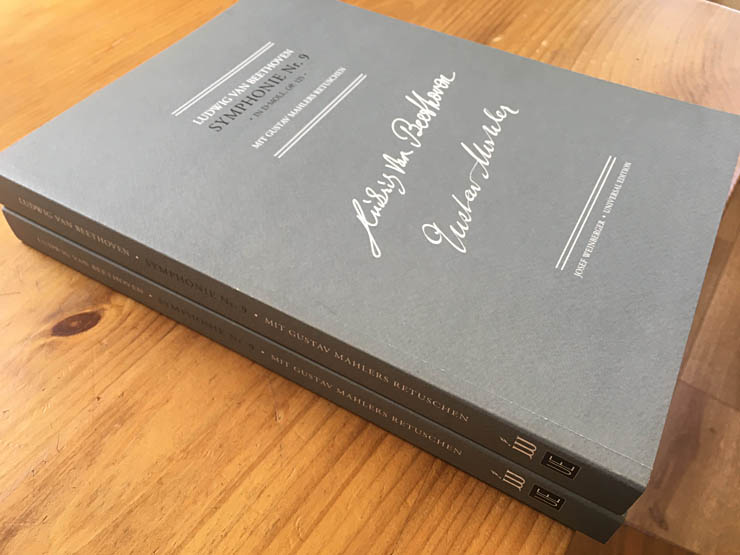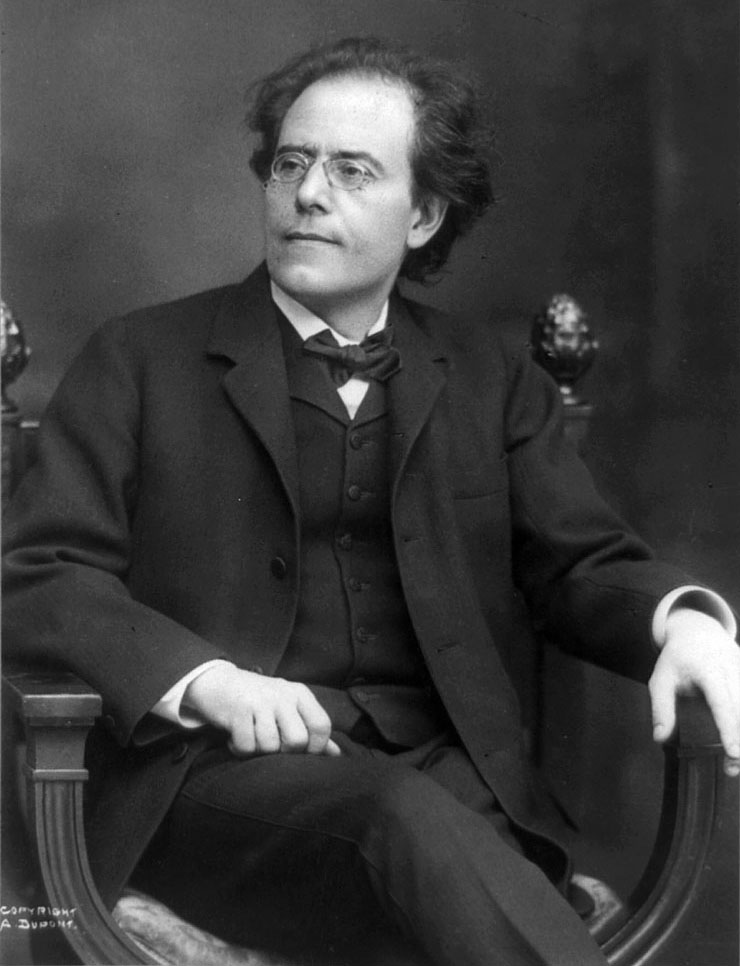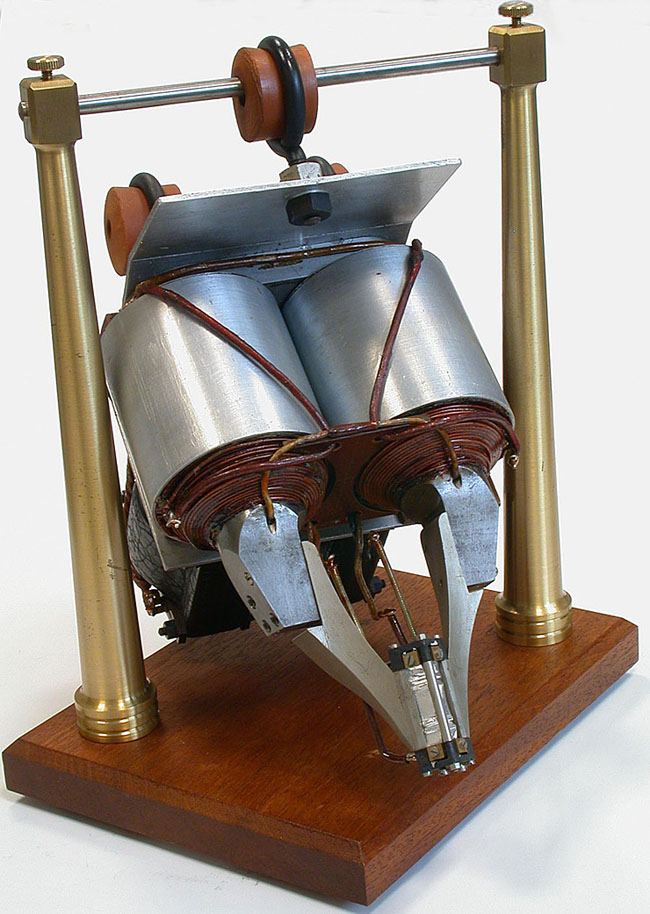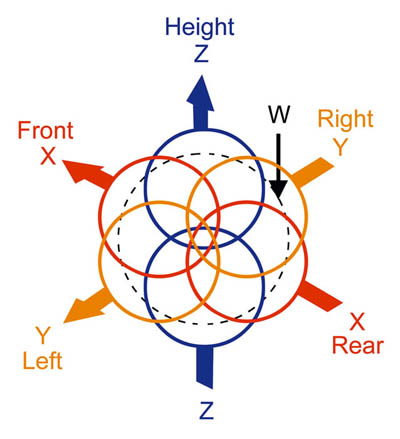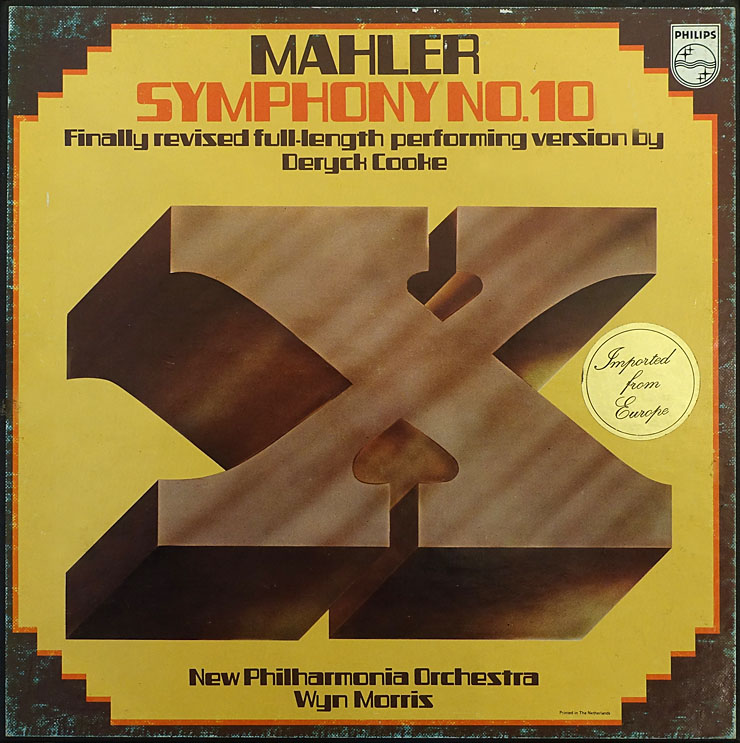Gustav Mahler conducted Beethoven’s Ninth Symphony on ten occasions: in Prague, Hamburg, Vienna, Strassburg and New York. For the last seven of these performances he prepared and used his own score and orchestral parts. I have transcribed and edited these materials...
“Klezmer Musik” in Mahler’s First Symphony
The third movement of the first symphony has two passages which are redolent of a Bohemian village band from Mahler’s youth. These have often been described as “Klezmer Musik”. It is interesting to compare the interpretations of the first of these passages (bars 39-60) by three famous conductors.
Leonard Bernstein
One of the fascinating things about Leonard Bernstein’s recordings of the Mahler symphonies that he made with the New York Philharmonic in the 1960s is the way in which he took naturally to the Mahler style. He seems to have been self-taught in this. That Bernstein seems to have understood the nature of this music instinctively should come as no great surprise as Klezmer is a Jewish art form and Bernstein was Jewish, with ancestors from Russia.
New York Philharmonic / Bernstein, Oct. 1966
Bruno Walter
It is curious that another Jewish conductor and Mahler’s protégé Bruno Walter, though from cosmopolitan Berlin, did not recognise the true nature of the passage. He had heard Mahler himself play and conduct the symphony, and in his book on the composer, Walter referred to the passage as ‘that music full of brazen derision and shrill laughter’, giving cause to wonder how Mahler interpreted it. Certainly, Walter did not render it in a particularly Jewish or gypsy style. Bernstein had certainly heard Walter conduct the work with the New York Philharmonic, at least on his famous recording.
New York Philharmonic / Bruno Walter, Jan. 1954
Dimitri Mitropoulos
Bernstein’s own mentor, the Greek conductor Dimitri Mitropoulos (1896-1960), conducted the critically acclaimed première recording of the First Symphony with the Minneapolis Symphony Orchestra, but listening to this shows that, like Walter, Mitropoulos was not the source of Bernstein’s insights.
Minneapolis Symphony Orchestra / Dimitri Mitropoulos, Nov. 1940
Rafael Kubelik
Rafael Kubelik (1914 – 1996) was born in Bohemia (the day after the assasination of the Archduke Rudolf that precipitated the First World War) and knew the music of his native land intimately. It may therefore be surprising that in his recording of the symphony the passage sounds entirely different, with trumpets entering much louder than the piano indicated by Mahler and in a more sophisticated, almost jazz-like, style of playing than one would expect from a village band, and subtle rubato that, while sensitive, does not seem to suggest Klezmer.Bayerische Rundfunk Symphony Orchestra / Kubelik, Oct. 1967
After which it may be a welcome relief to return to the Bernstein recording with which this page began:
New York Philharmonic / Bernstein, Oct. 1966
The above examples are expanded from David Pickett’s essay in the book Perspectives on Gustav Mahler, edited by Jeremy Barham and published by Ashgate Press, 2005.
Rev. 12 Dec 2018

